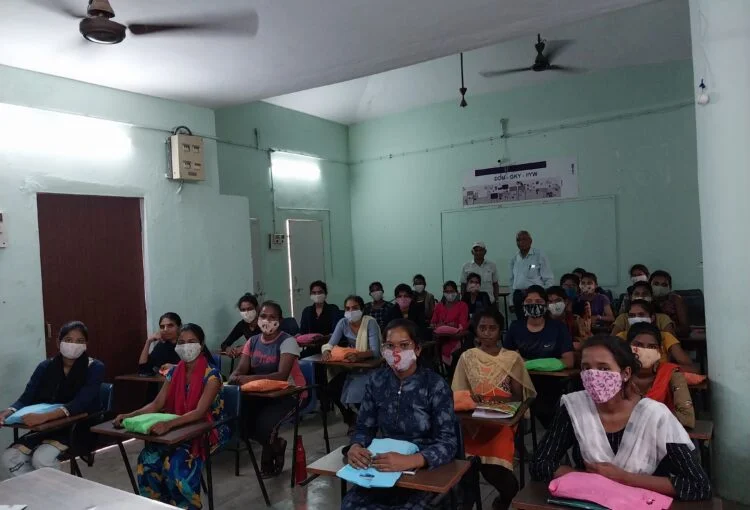NCD Project
- Home
- NCD Project

Organized By:
Indian Institute Of Youth Welfare
Event Location:
Lonara, Maharashtra 441111
Non-communicable diseases (NCDs) such as diabetes, hypertension, cardiovascular diseases, respiratory disorders, and certain cancers are rising rapidly across India — especially in low-income and underserved populations. Recognizing the urgency of this silent epidemic, the Indian Institute of Youth Welfare (IIYW) runs preventive health programs focused on awareness, early detection, and behavioral change related to NCDs.
Our work emphasizes community-level intervention, particularly among women, adolescents, and elderly populations, to reduce risk factors and promote healthier lifestyles.
Objectives
To raise awareness on NCD risk factors such as poor diet, tobacco use, alcohol, stress, and physical inactivity
To support early detection and screening through health camps and mobile checkups
To build community knowledge on diet, exercise, mental health, and routine health monitoring
To integrate NCD prevention with existing health, sanitation, and livelihood programs
To promote lifestyle education among adolescents and youth
Key Activities
Health Awareness and Education
Workshops and campaigns on nutrition, exercise, and healthy habits
Community sessions on managing blood pressure, sugar levels, and stress
Adolescent-focused life skill sessions on preventive health and mental well-being
Screening and Early Detection
Free check-ups for blood sugar, blood pressure, BMI, and cholesterol
Eye camps, anemia screening, and health risk profiling in rural and slum areas
Health camps organized in collaboration with PHCs and medical professionals
Integration with Other Initiatives
NCD awareness integrated with women’s health, sanitation, and livelihood programs
Community health workers and SHG leaders trained as health ambassadors
Linkages with government health schemes for referrals and follow-up care
Target Groups
Adolescent girls and boys (through school and village-based sessions)
Women and mother-headed households
Elderly individuals in rural and low-income communities
Slum populations with limited access to routine health services
Impact
Hundreds of individuals screened through free health camps and checkups
Improved awareness on lifestyle diseases and preventive care
Empowered women and SHG members acting as peer educators and health promoters
Strengthened community linkages with health facilities and local doctors
